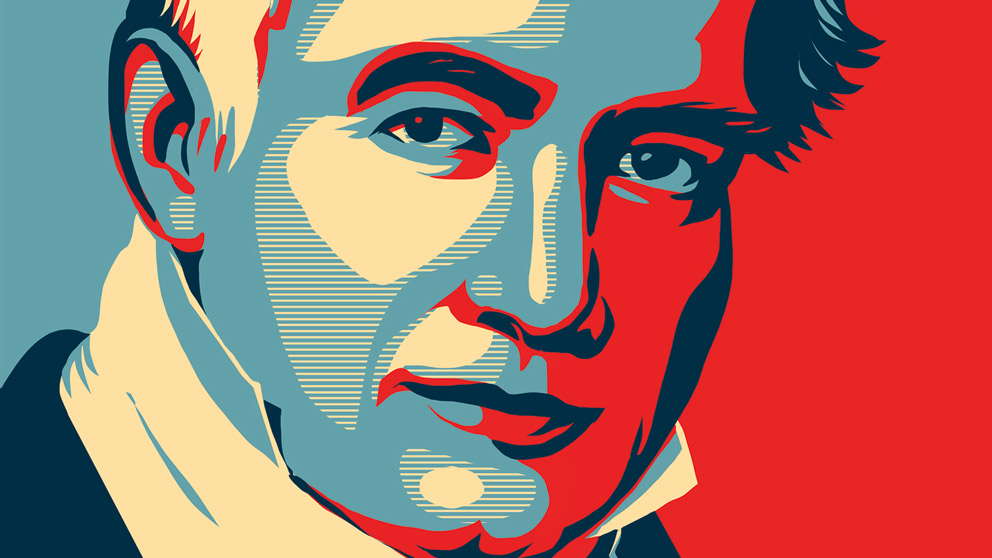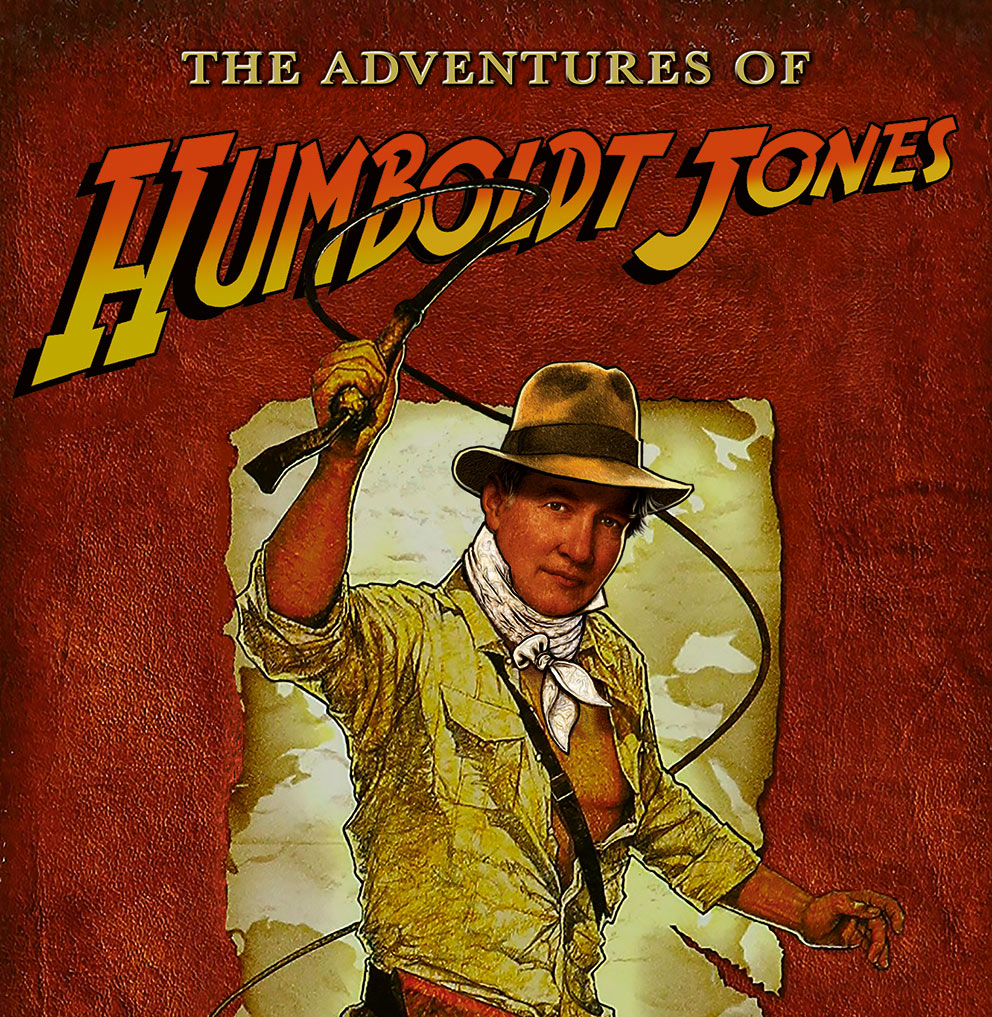Jump to the content
- {{#headlines}}
- {{title}} {{/headlines}}

Professor Dr Nicolaas A. Rupke is Johnson Professor of History at Washington and Lee University, Lexington, USA. A historian of science and an expert on Humboldt (“Alexander von Humboldt: A Metabiography”), he is currently doing research on the non-Darwinian tradition in evolutionary biology. In the 1980s, he was a Humboldt Research Fellow at the University of Tübingen. Rupke is a member of the German National Academy of Sciences Leopoldina and the Göttingen Academy of Sciences and Humanities.

Kosmos: Mr Rupke, everyone is still talking about Alexander von Humboldt. What makes him so popular?
Nicolaas A. Rupke: I think it’s because he makes such a great projection surface. We try to see the person we would like to be in Humboldt. The picture we paint says just as much about us as it does about him. That’s why there isn’t just one Humboldt, but lots of them.
Kosmos: And who are they?
Nicolaas A. Rupke: That depends where in the world you are when you ask the question. In Germany, for instance, I think his major opus “Cosmos” and his holistic view of the world were and are important. The British tended to see him rather as a sort of Empire boy who set off to stake out territorial claims for Germany. In the UK today, people are more interested in him because of his connection with Darwin. Science historians there are currently arguing about the importance of Humboldt’s influence on Darwin and his theory of evolution.
Kosmos: Allegedly, when they met, Darwin couldn’t get a word in edgeways because Humboldt talked so much…
Nicolaas A. Rupke: Well, there are plenty of anecdotes like that that serve to support certain projections. One of them is the supposed friendship between Humboldt and Goethe, for example. That is a retrospectively constructed legend for Germany‘s tradition of linking art and science. As far as Darwin is concerned, I personally don’t believe that the influence was very great. I think Darwin, like many British thinkers of the time, wouldn’t have had much time for Humboldt’s German Romantic approach.

Kosmos: How has Humboldt’s image in Germany changed over the years?
Nicolaas A. Rupke: He saw himself as a liberal and a revolutionary. He was against the monarchy and the church. During the Empire period, he and his brother Wilhelm were symbols of a new Germany of culture, instead of a Germany of war. Under the Nazis there was another Humboldt. They viewed him as a genius of Germanic blood, who, with his “Cosmos” fitted well with their own global claims to power. After the war, the West Germans then said, no way, Humboldt was an Atlanticist and friend of America! In East Germany, on the other hand, he was reclaimed as a socialist thanks to his commitment to the miners and as an anti-imperialist who had liberated the people of Latin America from colonial oppression.
Kosmos: And after the Berlin Wall came down?
Nicolaas A. Rupke: When Germany was re-united, Humboldt was given yet another identity. Now he was the networker and supporter of contemporary issues, from environmental protection to gay rights. In the western world today, homosexuality is so widely accepted that there is no longer a need for such historical role models. Now people tend to say: oh, he was gay, was he? So what?
Kosmos: You have written a metabiography, considering Humboldt’s life history from the angle of previous biographies. This has involved you studying many works on Humboldt. How did the authors manage to keep portraying new images of him?
Nicolaas A. Rupke: They found various ways of doing it. Nationalists have often played down the role of Humboldt’s travels and the parts of his works written in French. Some of them even ignore the French Humboldt altogether. Humboldt’s brief visit to Philadelphia and Washington on his way back to Europe was also overlooked for a long time. It was only during the post-war period when relations between West Germany and the United States became close that this part of his journey was highlighted. People always cherry-picked whatever fitted the bill.
Kosmos: In the South American countries he visited, Humboldt is still popular. Is it the East German image of the liberator that survives?
Nicolaas A. Rupke: Nowadays, to my knowledge, there are certainly critical voices there that take a more differentiated view. But he is still largely an integral part of national history and of national pride. He didn’t come as a conqueror or colonialist but as an explorer. He travelled in order to learn about the inhabitants and learn from them. They experienced him as a visitor who marvelled at their nature and culture instead of trying to conquer them.

Kosmos: Today, the image portrays Humboldt as the pioneer of internationally-connected science that thinks in multidimensional terms. We don’t see him as the Prussian scholar, but as a modern scientist. Is this image correct?
Nicolaas A. Rupke: I think so. He didn’t only live, travel and correspond internationally, he also thought globally. That was one of his great achievements as a scientist. He looked for global cor relations for his observations, be they temperature, geomagnetism or other environmental parameters. So, he really laid the foundation stone of modern climate science. Today, he is admired worldwide for having drawn attention to the consequences of human interference in nature at such an early stage. In today’s conversation about climate change we look to Humboldt as someone who was on the right side from the very beginning.
Kosmos: Finally: what is your personal image of Humboldt?
Nicolaas A. Rupke: Being a Humboldt metabiographer, I of course have a very multifaceted concept of him. But I do think that he is quite rightly revered for his holistic approach and his environmental and climate observations. However, one part of my image is definitely also the way he promoted young talents. That Humboldt is certainly one we should seek to emulate.
aus Humboldt Kosmos 109/2018
